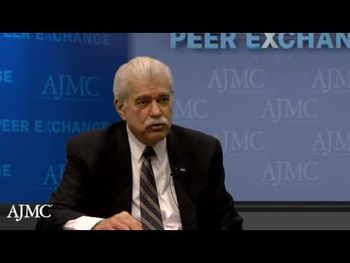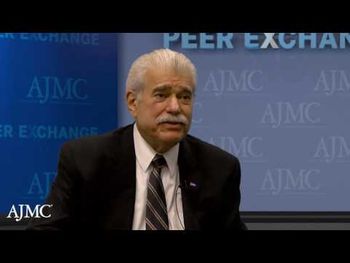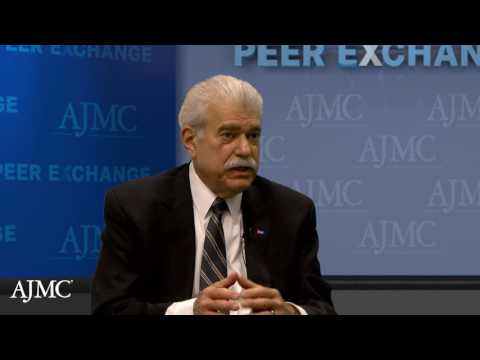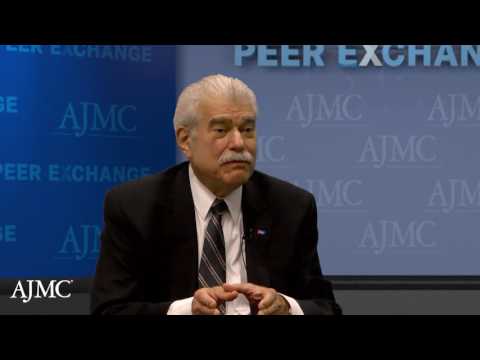
Value-Based Care
Latest News
Latest Videos

CME Content
More News














At a session during Digestive Disease Week 2017, held in Chicago from May 6-9, speakers discussed the ongoing efforts to define, measure, and improve the quality of care for patients with inflammatory bowel disease (IBD).

At the ACO & Emerging Healthcare Delivery Coalition®, people from around the country who are successfully creating new ways to deliver value-based care come together to share learnings and best practices for attendees to take back to the office on Monday, explained Clifford Goodman, PhD, moderator at the ACO Coalition spring live meeting in Scottsdale, Arizona, and senior vice president and director at the Center for Comparative Effectiveness Research at the Lewin Group.

Panelists on day 1 of the ACO & Emerging Healthcare Delivery Coalition® discussed the challenging work of creating public-private partnerships, and how these initiatives can address issues to improve the health of a population.

When the ACO & Emerging Healthcare Delivery Coalition® meets May 4-5 in Scottsdale, Arizona, attendees will learn the latest on healthcare reform, best practices for cybersecurity, population health strategies, and more.

Will bundled payments be implemented quickly or slowly? Will they be voluntary or mandatory? There's disagreement about what the ongoing movement toward accountable care should look like.

An analysis of Medicare accountable care organizations (ACOs) revealed that those with more primary care physicians performed better on preventive care quality measures and infrastructure and financing were also predictive of better performance, explained Mariétou Ouayogodé, PhD, post-doctoral fellow at The Dartmouth Institute for Health Policy and Clinical Practice at the Geisel School of Medicine at Dartmouth.

The report finds that being part of an ACO allows clinicians to be rated as a group for a key measure to determine Medicare reimbursement.

A provision in President Donald Trump’s budget proposal would incorporate the Agency for Healthcare Research and Quality (AHRQ) within the National Institutes of Health (NIH), which could represent a threat or an opportunity.

The move away from fee-for-service has driven some health plans to embrace value-based care contracts and accountable care organizations. During a session at the Academy of Managed Care Pharmacy Annual Meeting, held March 27-30, 2017, in Denver, Colorado, panelists outlined how the marketplace has evolved.

Healthcare consulting is a growing industry touching each of the stakeholders involved in healthcare, and these consultants are playing an increasingly significant role in the United States healthcare system.

Partnering with local nonprofits with expertise in various areas, such as food support, vocational services, and mental health case management, Hennepin Health has been able to successful manage the health of a complex population, explained Ross Owen, health strategy director of Hennepin County.

Private sector accountable care organization development has been motivated by perceived opportunities to improve quality, efficiency, and population health, and the belief that payment reform is inevitable.



















